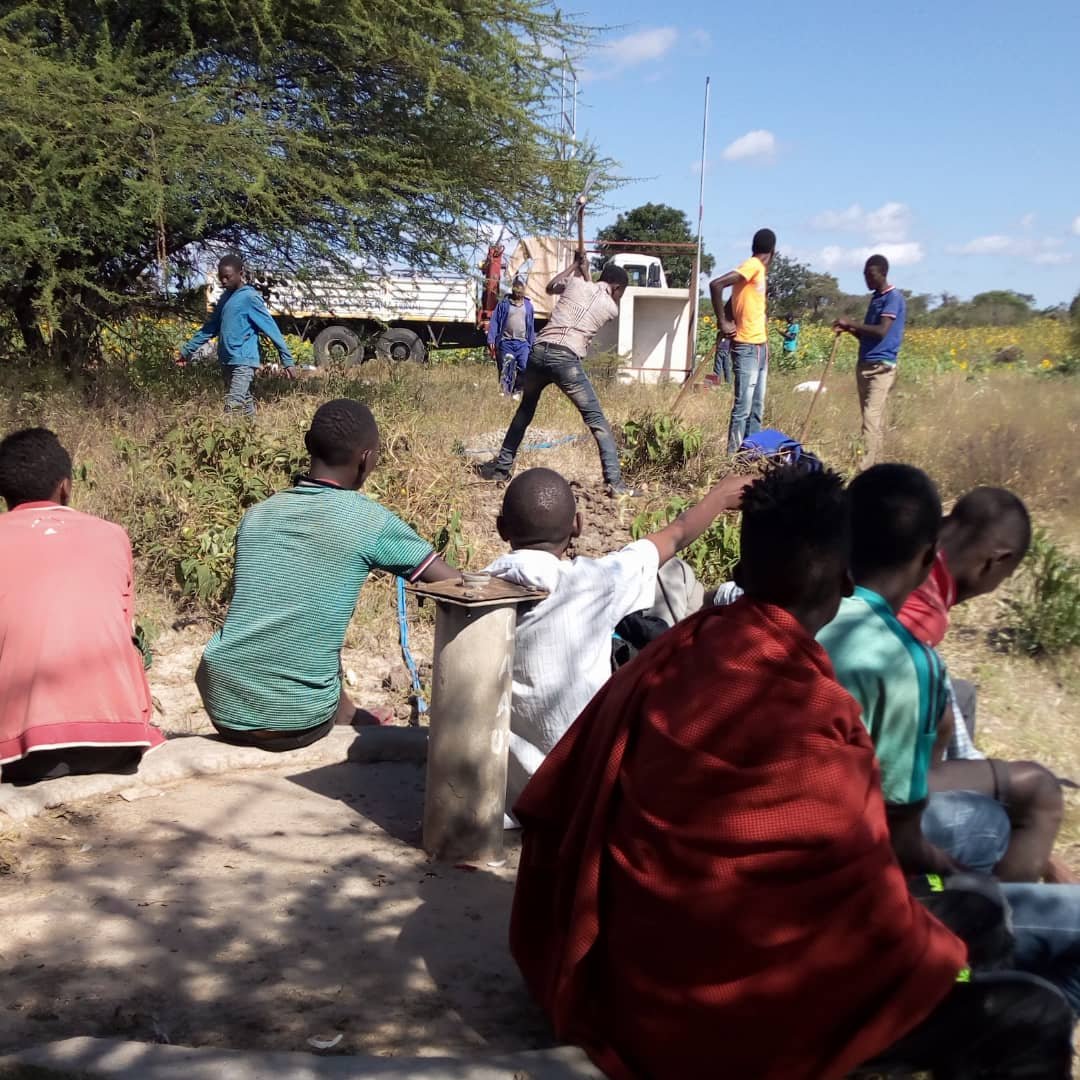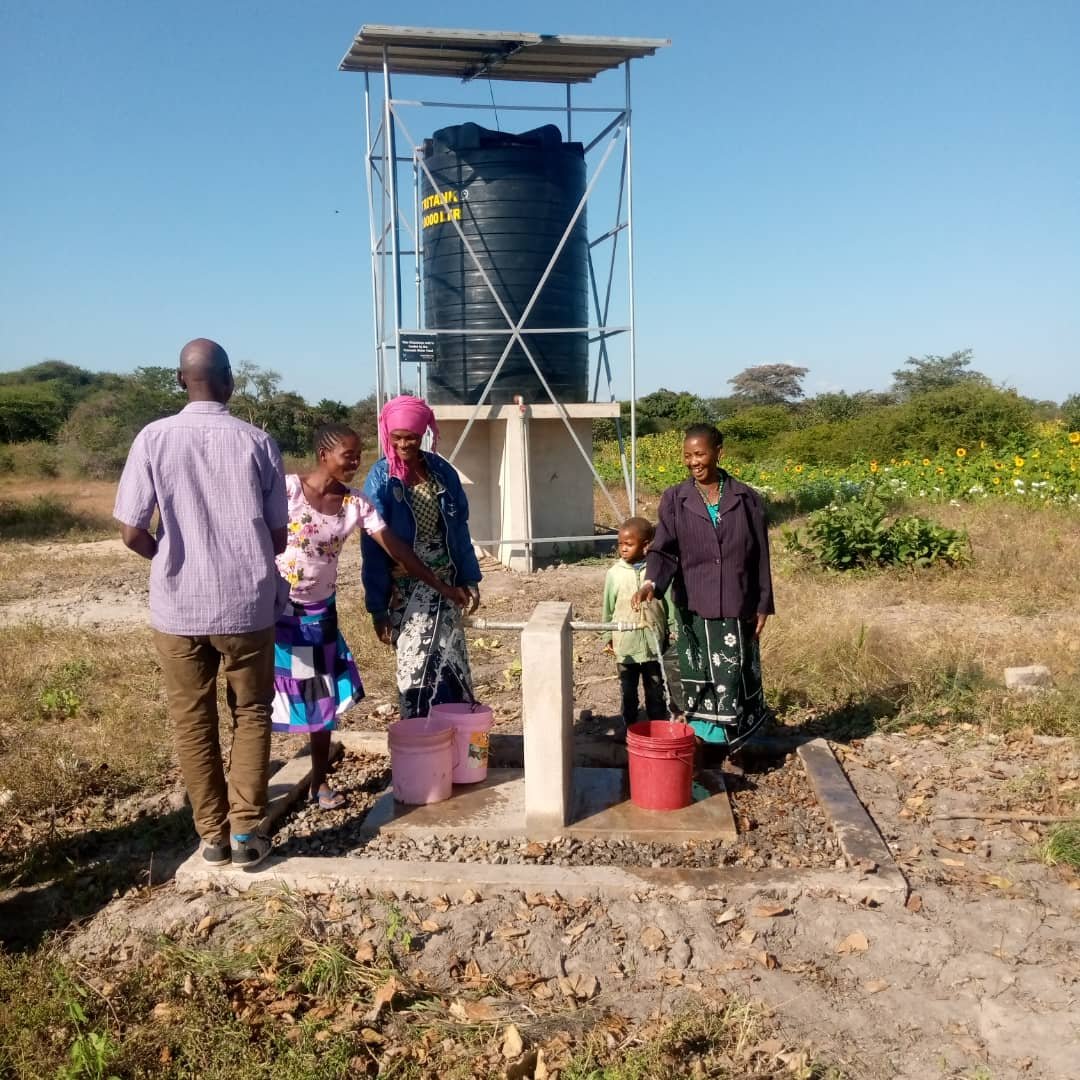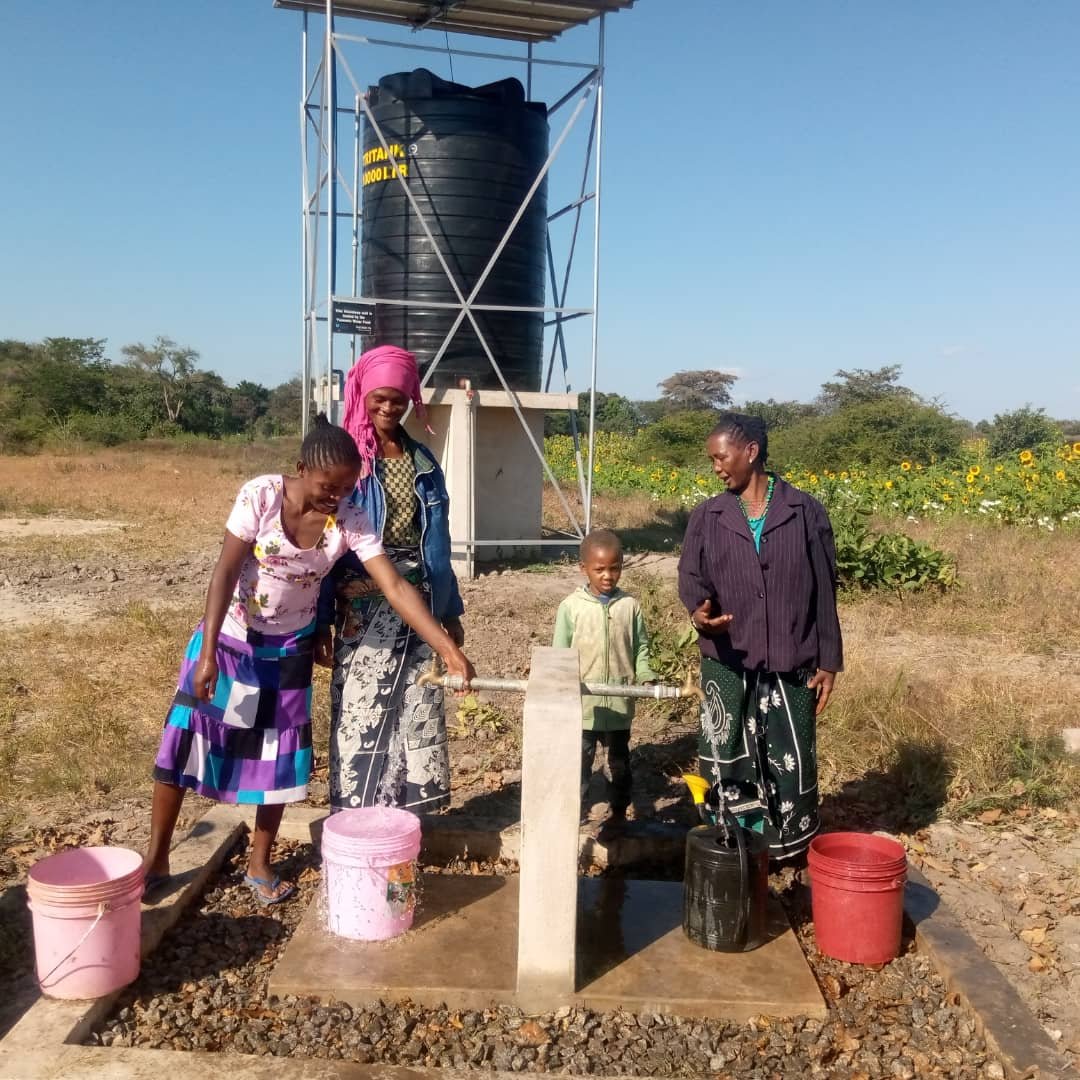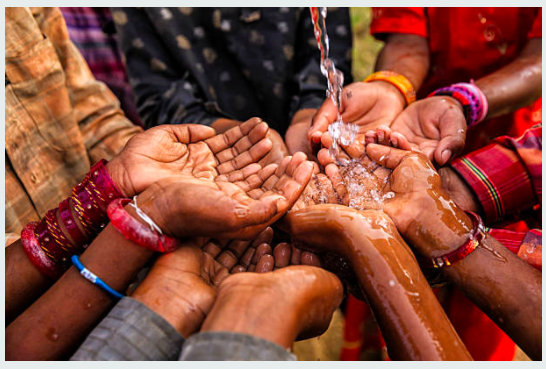Our Story
Learn more about the Tanzania Water Fund, how we got here, and our mission moving forward.
2022
November 18-20, thousands of people in 6 continents collectively did 100,000+ pullups to raise awareness for clean water. Simultaneously, we raised $100,000 so that we can construct 4 more solar-powered water well projects. Most importantly, each village will have an 18-month community development project teaching kids the importance of clean water, farmers the benefits of irrigation and creating a water council. All said, over 20,000 more people will have access to clean water.
2021
Nov 19-21, over 1,300 people in 30+ states and 4 countries did 75,000+ pull-ups to raise awareness for clean water. Then, we raised $75,000 to secure access to clean water for three more villages, 15,000 more people!
2020
Over 3 days, Nov 19-21, just under 1,000 people did a total of 50,000 pull-ups to raise awareness for clean water. We also raised $50,000 so that we could provide two more villages access to clean water.
Constructing Water Projects
Each water well project in rural Tanzania costs an average of $45,000.
Tanzania Water Fund is responsible for parts and servicing, which costs on average $25,000. Parts include sustainable solar pumps and panels, a 10,000 liter water storage tank, and educational programming. Educational programming brings in the village members as key stakeholders of the project by demonstrating use and maintenance procedures. Following an introductory training, villages create a “water council” and have regular meetings to educate other local members on the importance of clean water, opportunities for irrigation, and minor maintenance issues.
The transportation and use of heavy equipment costs an additional $20,000. Tanzania Water Fund partners with two non-profit organizations, WorldServe International and The Waterboys, to fund these expenditures collaboratively. Each well-building project also allocates compensation to local engineers who remain responsible for the larger maintenance issues. By compensating for continued maintenance, our well-building projects are ensured a long-lasting impact extending decades into the future.

The Village of Kinyeto

Three non-profits joined forces to achieve Kinyeto's water project

Solar structure

Heavy equipment

Original drilling

Pump test

Double access point

Kinyeto's first irrigation attempt

Two boys in Kinyeto see running water for the first time

Happy mother

















